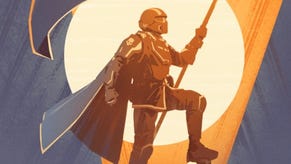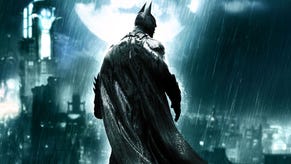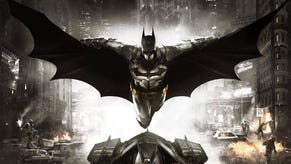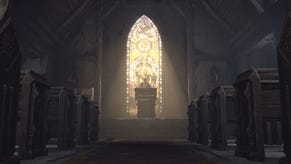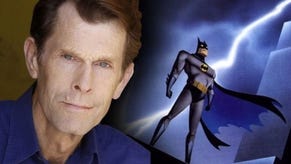Games of 2009: Batman: Arkham Asylum
Bat to basics.
The cracking story certainly plays a part in that. Key puzzles and encounters feel like revisiting a beloved movie scene, not rote tasks dulled by repetition. Deeper than that, however, is the fantasic construction of the thing, the way that the different gameplay elements - combat, stealth, exploration - are distinct without feeling disjointed. It's not just the fighting that slips effortlessly from one beat to another, the whole game just flows. It's a pleasure to play, to climb, to smash an elbow in the face of yet another over-confident henchman and watch him crumple.
Looking back, perhaps what's most remarkable is that Arkham Asylum is not all that original. You don't have to look hard to find the obvious inspiration for each gameplay element, but in a year that found mainstream games mostly content to tread water, Rocksteady remembered that sometimes polish and passion are all you need.
By carefully selecting the aspects of Batman's world that fit snugly into a videogame template, the British developer crafted something that feels solid, muscular and real. After falling out of favour in the post-GTA gaming landscape, between Batman, Shadow Complex and Uncharted 2, this was, in many ways, the year that the linear action-adventure reclaimed its mojo.
That's not to say that the game doesn't have flashes of its own inspiration. The ideas that linger are the things that Rocksteady didn't have to do. The decision to tell the story ambiently wherever possible, using conversations rather than cut-scenes, participation rather than passive exposition, helps keep you immersed in Batman's world. The only times the game takes control away is when Batman needs to do something that the player wouldn't know to do - grabbing Joker in the blacked-out elevator, gliding down to the secret Batcave.
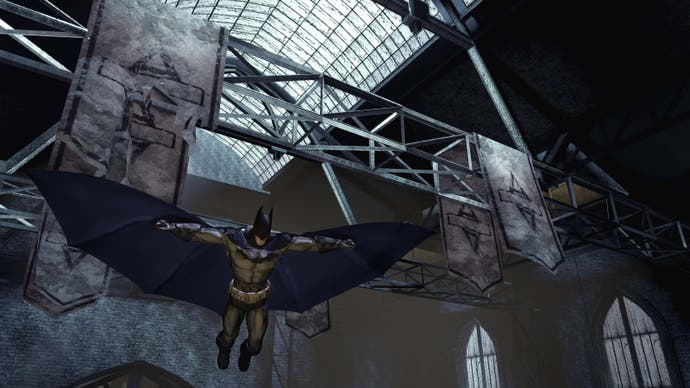
Yet still there's more, life and colour injected into areas most games leave blank. The way dialogue changes depending on your actions, for example. Take down a thug while he's talking to The Joker on his radio, and your nemesis takes notice. The game responds to the player, creating just enough elasticity in its otherwise rigidly defined world to make it feel like it's reacting to your presence.
And it's not above extending the experience beyond the screen either. The hallucinations caused by Scarecrow's fear gas are cunningly conceived slices of pop psychology, turning Bruce Wayne's darkest thoughts into platforming landscapes.
But it's the moment where the game freezes, reboots and starts over with Joker as the hero that really showcases how Rocksteady went above and beyond what we usually settle for in a licensed title. Turning the Joker's anarchic sensibility loose on the very framework of videogames themselves, it's a brilliantly twisted prank that sent unwary gamers to the internet, trying to discover if it really is possible to dodge a fatal bullet by using their "middle stick".
So many great ideas, so confidently threaded together in service of a character too often given short shrift by the games industry. As I began to write this drooling love letter, the teaser trailer for the sequel appeared online. I drooled some more, and immediately regretted selling my copy on eBay for Christmas present money. Maybe I should buy it back and start playthrough number four.
Check out the Editor's blog to find out more about our Games of 2009.


